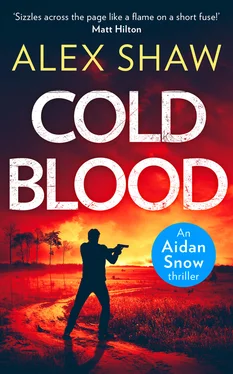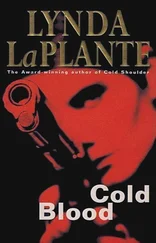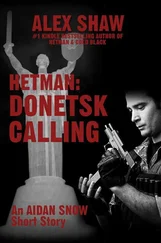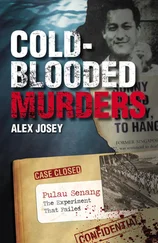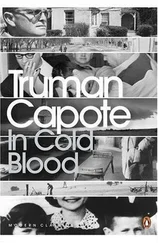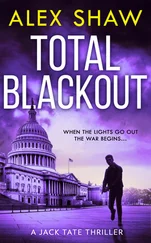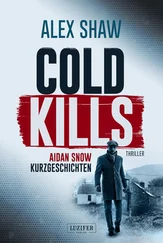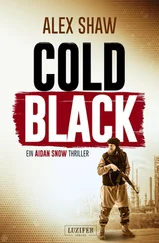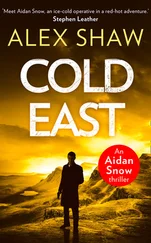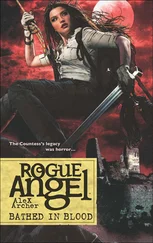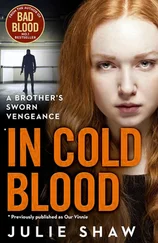His effort paid off and the regiment doctor had signed him off as fit for active duty. No limp, just a scar. However, the one thing Snow hadn’t admitted to anyone, least of all himself, was the toll taken by the mental scar. The nightmares, for want of a more macho term, that prevented him from sleeping and turned him from jovial troop member into withdrawn loner. Snow had sought professional help and then accepted the truth. He left the regiment within the year with an honourable discharge, his military career cut short.
He felt his leg ease as he reached the bottom of the hill and swore at himself for yet again allowing the past, something he couldn’t change, to ruin a perfectly good day. The sun was now higher in the sky as he jogged through central Podil and headed towards Hydropark, the largest island and park in the Kyiv stretch of the Dnipro River. Perhaps he’d risk a swim?
Tiraspol , capital city of Transdniester, disputed autonomous region of Moldova
The two men embraced like the old comrades they indeed were. Bull regarded the face of his friend and former Spetsnaz brother Ivan Lesukov. ‘You have grown fat, old man.’
‘And you ugly.’ Lesukov laughed heartily. ‘I see that Sergeant Zukauskas has not changed – you still look like a pig!’
‘That is why the Muslims hated me so much!’ Oleg, the barrel-chested Lithuanian winked.
Lesukov raised his glass and the others followed. ‘To fallen comrades.’ The vodka was cold, having been stored in the fridge Lesukov kept in his office.
‘You have an empire here, Ivan,’ Bull said, congratulating his friend.
‘I am the King of Chairs,’ Lesukov replied, spreading his palms at the window, which looked out over the factory floor below. ‘The main industries of our country are furniture and electronics, but we can’t sell abroad because of those bastards in Chisinau.’ He shrugged. ‘Our products do not carry the Moldovan government stamp and, as our country of Transdniester is not recognised outside of its own borders, we cannot sell.’ Lesukov refilled the glasses. ‘But I don’t care a shit about the electronics or even my chairs. What I have brought you here for today is to discuss how you can help an old comrade with his export business.’ He raised his glass. ‘To success.’ Again, the glasses were drained.
Bull spoke first. ‘I understand that, of late, you have been having some logistical problems?’
‘Our “friends”, the Russians, are understanding, if not supportive, of our “specific” situation. They let my goods pass freely through the security zone. In fact, some of my goods even originate from the weapons they are “peacekeeping over”.’ He tapped his nose with the end of his index finger. ‘So, with the Russians, here in Transdniester, I have no problem. They are good boys. It is the Moldavians to the west and the Ukrainians to the east that I am having problems with.’ He balled his fist.
Tensions between Transdniester and her neighbours, Moldova and Ukraine, had been high since Transdniester separatists, with Russian support, broke away from Moldova in 1992, declaring independence. The short civil war that ensued had left more than 1,500 dead. An uneasy truce, brought about by Russian ‘peacekeepers’, had stabilised the region since then. In a strange turn of events, Europe’s biggest Soviet Army weapons cache was now to be found not in ‘Mother Russia’, but near the Transdniestern town of Kolbasna, guarded by the two thousand Russian soldiers acting as ‘peacekeepers’.
A ‘confidential’ 1998 agreement between Russia’s then prime minister, Viktor Chernomyrdin, and Igor Smirnov, the self-appointed president of Transdniester, to share profits from the sale of 40,000 tons of ‘unnecessary’ arms and ammunition had made Lesukov and men like him very wealthy. However, once a copy of this agreement had come into the hands of the Associated Press, there had been protests in Washington and a scandal in the European media. Russia had denied the story as preposterous and Ukraine had condemned any potential arms dealing, stepping up the size of their border guards units.
Lesukov was beginning to feel the pinch as he found it harder and harder to get his goods out of the country.
Lesukov paused and refilled the glasses. ‘How many of the Orly still serve with you?’ It was a question to Bull. Orly , the Russian for ‘eagles’, wasn’t a regimental title but a traditional name used to signify fearless fighting men.
‘Of my Brigada, six; however, since becoming freelance we have many more good men.’
After leaving the Red Army Spetsnaz, Bull had recruited other former ‘Special Forces’ soldiers from numerous Soviet Republics. These were some of the most highly trained soldiers in the world, yet had been discarded when the Union crumbled. He had bought their loyalty for little more than a few hundred dollars each; as a hero of Afghanistan he already had their respect. For the past fifteen years he had built a reputation in several war zones as a ruthless leader, mercenary and surprisingly good business facilitator. He had brokered arms deals with the Mujahedeen, rebels in Georgia’s breakaway Abkhazia region, and insurgents in Africa, to name but a few. Now it was only natural that one of the main suppliers of weapons should want his direct assistance.
‘What had you in mind, my old friend?’ Bull asked.
Lesukov smiled, raised his glass again. ‘To women.’ The other two followed. It wasn’t that they especially wanted to honour women, just a Soviet tradition for every third toast. He placed his hands flat on the metal desk.
‘The Ukrainians have their own group of Orly, called the “SOCOL”. They are a highly effective anti-smuggling and anti-organised-crime unit. This I could normally admire; however, they have now turned their focus on my shipments. In the last two months alone they have intercepted three of them…’ His voice trailed off as he totted up on his large fingers how much he had lost, then doubled it. ‘They have cost me almost three million American dollars in profit!’ His face had grown red and any hint of levity had passed.
He sighed and remembered the dusty mountains of Afghanistan some eighteen years before, and the young Spetsnaz captain who had fought next to him. ‘You were the best in Kabul, saved us all. Now I ask you to save me again. I want you to stop this SOCOL team once and for all.’
Oleg, who had listened quietly, let his tongue run along the outside of his top lip. He loved action and had grown weary of ‘business’. To take on a real target was what he lived for. He looked at his CO.
Bull folded his arms and nodded. ‘It can be done, but of course there is a price.’
Lesukov’s eyes glinted; he had anticipated this. ‘I will give you ten per cent of each shipment that passes successfully into Ukraine.’
‘Thank you. While that is a good offer, my friend, can I ask if you find it easy to export your “goods” from Ukraine?’
Lesukov paused and in that millisecond confirmed what Bull had expected. ‘They are squeezing me from both ends. At one end I have the SOCOL and at the other border guards, customs officials who will not accept payments and…’
‘Thirty per cent, Ivan.’
‘What?’
‘Thirty per cent and I take care of imports into Ukraine and exports out of the territory.’ Bull folded his arms.
Lesukov scratched his nose. ‘My margins are not that high, Tauras. I can give you twenty.’
‘Twenty-five per cent and we can start today.’ Bull held out his right hand. Lesukov momentarily paused then grasped it with his own.
‘Deal. But you will not start today. Today we have a little fun, eh? I know an interesting club!’ He refilled the glasses and then placed a call on his office phone.
Читать дальше
